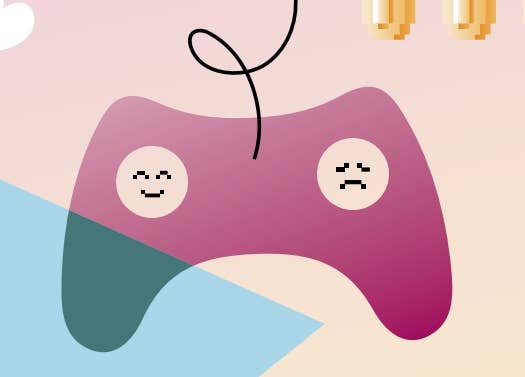Mental Health Foundation asks industry to do more for players' wellbeing
Developers encouraged to tackle toxic behavior, boost representation, design for breaks, and encourage reflection
The UK non-profit Mental Health Foundation is calling on the games industry to do more to look after the mental health of its players.
The group issued five recommendations for game makers today after conducting a research project in which it followed two dozen gamers' playing habits for several weeks and asked them to keep daily logs on their gaming and mental health. They are as follows:
- Tackle harmful behaviours and toxic communities
- Tackle discrimination by ensuring that there is meaningful, inclusion and representation in the design of games and in the industry
- Embed mental health content in games
- Raise awareness of mental wellbeing in the gaming community more broadly
- Help players game more intentionally via design features
The Mental Health Foundation said its study made it clear that people found positive effects on their gaming from mental health, but added that the process of keeping a personal log and the self-reflection it required made it more clear to them how their gaming and mental health impacted each other, for better and sometimes for worse.
In addition to online bullying and harassment, the group said players can also struggle with feelings of shame, either for having gaming as a hobby at all, or for not being able to be themselves online for fear of abuse.
Feeling that they can't control their own gaming and playing to the detriment of their responsibilities was another concern, as was the possibility of gaming being used to avoid in-person socializing.
"Observing our own habits is the first important step ahead of being able to make any positive changes," Mental Health Foundation head of research Catherine Seymour said. "The industry could support more self-awareness and 'intentional' gaming via in-game design (features or content) and/or communications via other channels."
Intentional design could involve mechanisms intended to give players greater awareness and autonomy over things like how long they play, or designs that encourage players to rest and reflect on their gaming to avoid the sense of playing "on autopilot" common when gaming excessively.
"The games industry has a huge role in reaching people who need to protect their mental health," the group said. "The industry has enormous potential to act as a source for good in helping to promote mental wellbeing.
"What's more, our study shows that players are expecting the games industry to take action on this. Players are asking you to do more: not because you have to, but because you have the opportunity and power to make a positive difference to their lives."
Correction: This article originally referred to the Mental Health Foundation as the Mental Health Organization in places. The errors have been corrected.

